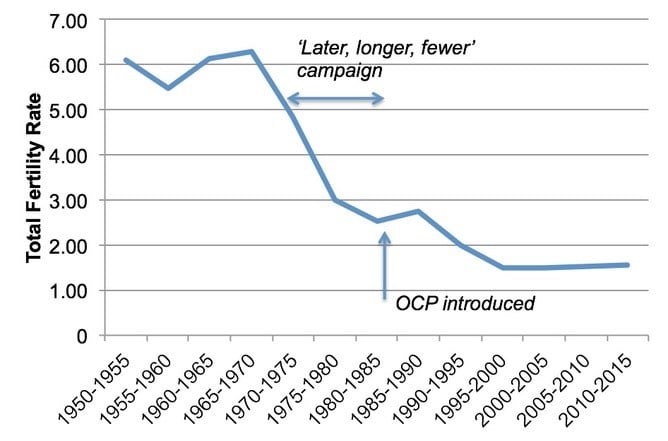China Aims for ‘Moderately Prosperous’
China’s new development blueprint seeks to realize a moderately prosperous society by 2020.
At the recently concluded Fifth Plenum of the 18th Communist Party of China Central Committee, the “Four Comprehensives” became the grand blueprint for the 13th Five-Year Plan (2016-20). Each of the four tasks requires broad measures and pragmatic actions.
A moderately prosperous society




